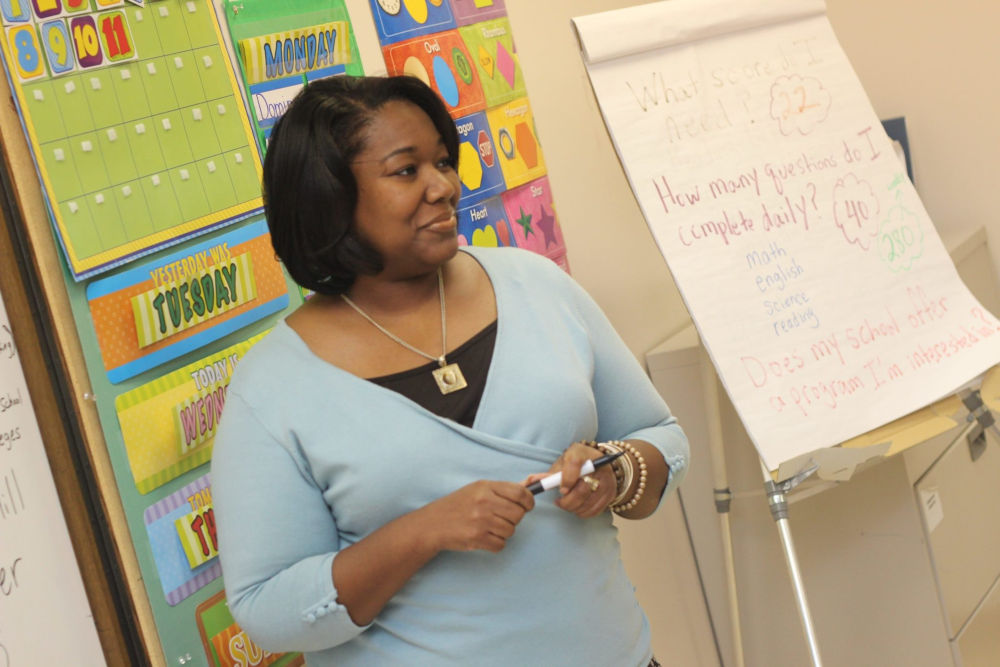Tips and Tricks
Make the Most of Every Moment
-Robert Choun
No one’s dying words were ever, “If I’d only spent more time at the office!” When time runs out, we learn to regret its misuse.
Looking back over 30 years of children’s ministry, I regret the times I put the urgency of completing the lesson ahead of the needs of my learners. I regret the times I told a child I would be glad to listen to his concern over his sick cat “later.” I regret missing a child’s ballgame, piano recital or birthday celebration. The hours I could have spent building friendships with children would have greatly increased my effectiveness as a teacher and role model. Teacher-learner relationships take time and effort to build but it’s by lavishing attention on a child that you earn the right to be significant in his life.

Maximum-Impact Teachers
Here are some tips on how to be a teacher who can make a positive difference in the development of a child.
A teacher who listens.
When a child is eager to share, stop whatever you’re doing. Use your expression and body language to show that nothing is more important than what the child has to say.
A teacher who notices.
Use each child’s name. A child’s favorite word is his name. Using it gets his attention. It demonstrates that you know him as an individual, not just a part of the group. Remember children’s birthdays and other important events in their lives.
A teacher who disciplines.
Sadly, we can probably all remember an abusive adult who could make life miserable for us as children. What made that adult memorable was most likely a set of inappropriate rules and methods of correction. Misuse of discipline breeds rebelliousness and resentment. Appropriate discipline develops self-control. Children respect teachers who are fair, firm, consistent and generous with praise for improvement.
A teacher who shares.
Young children are amazed to discover that the lives of their teachers reach beyond their teaching roles. Use anecdotes from your own life to illustrate Bible concepts. Share your interests and hobbies. The children at my church’s day care know that I have a dog because Buddy often comes with me to chapel. After shaking hands with my dog, even usually reticent children open up and tell me about their own pets and home life. In his letter to the Thessalonians, Paul mentions that he and his coworkers shared not only the Gospel but also their own lives (1 Thess. 2:8).
A teacher who cares.
Every sincere Bible teacher cares about his learners’ spiritual development but also their physical, social and intellectual needs. A child in my midweek program displayed chronic misbehavior that tended to become violent. I was on the verge of telling him he was no longer welcome at our church. After one meeting, I found him shivering on the steps, waiting for his ride to show up. I gave him my winter jacket and quietly sat down beside him to wait. After that night the boy was friendly and cooperative.
A teacher who is dependable.
Are you regular in your attendance, punctual and prepared? Children’s ministry leaders are often frustrated by the erratic attendance of their learners. Imagine how upsetting it is for young children when their teacher fails to show up. Prepare the lesson at home so early arrivals can count on your full attention.
When I was much younger, my life was full of adults who lavished attention on me. One elderly couple in the neighborhood spent New Year’s Eve burying pennies in the snow for me to find the next morning. They were investing more than a few pennies. Their example of caring was an important lesson in my life. Today’s children need adults who are willing to invest time, effort and love.
Stay Connected with CEF
Subscribe to our email lists to receive updates, news, and stories based on your needs and interests.